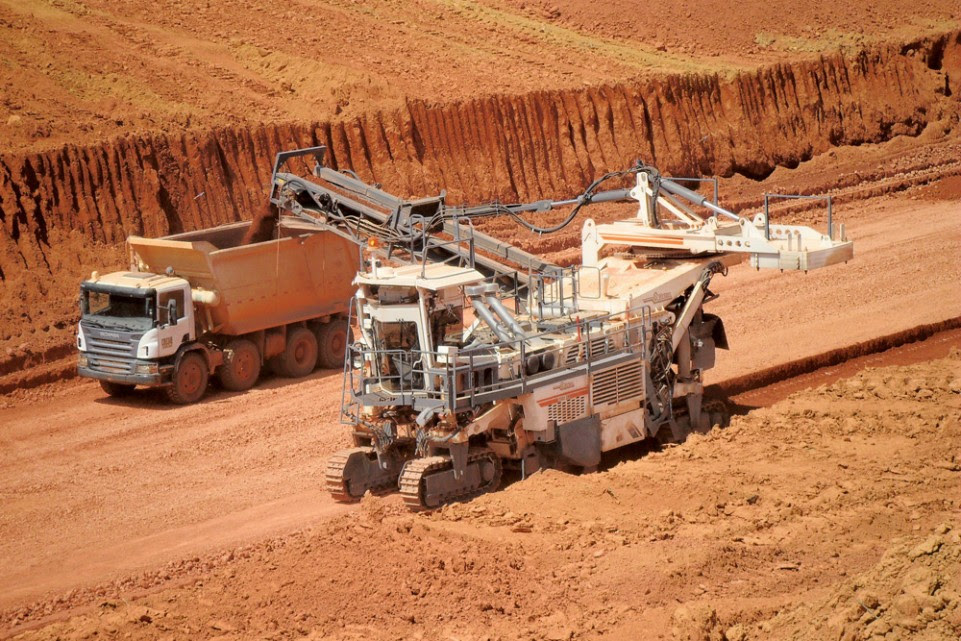Guinea’s risky gamble: Can the junta still attract foreign investment amid mining turmoil?

As Guinea’s military-led government attempts to reassure global investors, a deepening crisis in the mining sector is casting serious doubt on the country’s business climate.
Despite the country’s vast natural wealth, including some of the world’s largest bauxite and iron ore deposits, allegations of mismanagement, opacity, and coercion are pushing investors to the brink.
Officially, the junta — in power since 2021 — claims to be reforming public finances and stabilising governance. But behind the scenes, companies face an increasingly hostile environment.
Arbitrary decisions, legal uncertainties, and rampant corruption are now defining features of doing business in Guinea, especially for foreign firms operating in the lucrative mining sector.
A 2024 report by Bpifrance warned: “The weakness of the legal framework, administrative burdens, and corruption continue to weigh heavily on the business environment.”
That sentiment has since grown more urgent.
Simandou Mine: A Symbol of Frustration
Nowhere is Guinea’s fraught investment climate more evident than in Simandou, the massive iron ore project valued in the billions.
Contract renegotiations have taken place behind closed doors, bypassing local community input, and raising alarm among international partners.
The International Monetary Fund, which Guinea has recently approached for support, remains wary.
The Simandou project alone could yield nearly $1 billion annually — a sum equal to a quarter of the nation’s current revenue.
State Power Investment Corp (SPIC), a Chinese firm, offers a cautionary tale. Pressured by authorities under threat of losing its license, the company was forced in March 2025 to begin construction of a local refinery.
While the stated aim is to boost local value-added production, this development comes in a country where fewer than half the population has reliable access to electricity, despite its regional hydroelectric potential.
A Region Losing Ground
The situation reflects broader instability in West Africa.
The junta, which had pledged to restore constitutional order by January 2025, missed that deadline — a delay that may invite sanctions from ECOWAS.
Although Guinea is not formally part of the Sahel States Alliance (AES), the governance model it is now adopting closely resembles those in Mali, Burkina Faso, and Niger, where foreign direct investment plummeted by 87% in 2024, according to UNCTAD.
This erosion of confidence is reshaping regional dynamics.
European partners, once active in supporting Guinea’s development, are increasingly stepping back. France, long a strategic player in the region, is watching its influence wane as uncertainty and instability take hold.
In the absence of transparency and credible reform, Guinea’s mineral riches may no longer be enough to offset the risk. Investors, once drawn by the promise of untapped resources, are now questioning whether the returns are worth the growing cost.
About The Author
dailymailafric
I am an avid African news observer, and an active member of Daily Mail Africa.
I’m Passionate about staying informed on diverse topics across the continent,
I actively contribute to publishing on political, economic and cultural developments in Africa.



